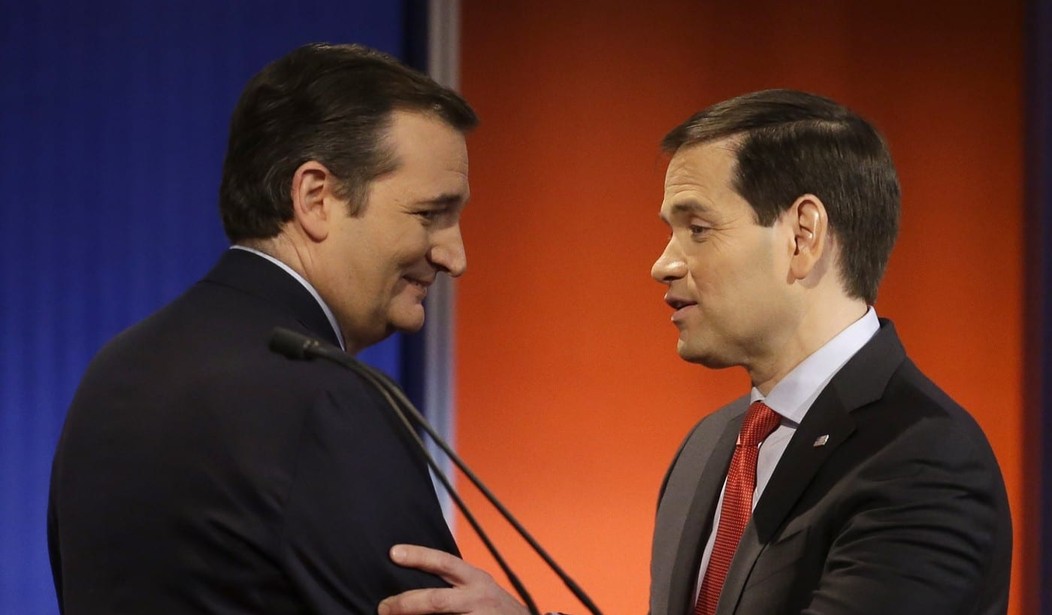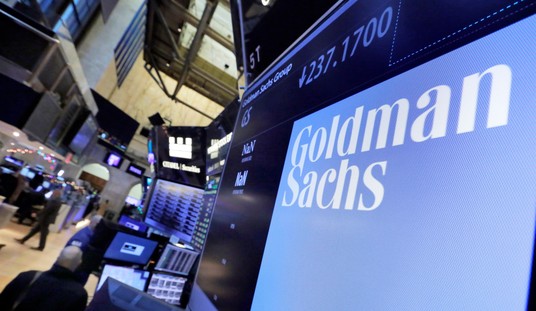One of the really feverish pastimes of the first few weeks of presidential primary season – and really, of the months of poll-surfing that precede it – is the battle to spin the “expectations” for what candidates need to do in order to declare a “win”. That’s traditionally a vital part of Iowa and New Hampshire, because those states decide which candidates are viable enough to continue and which need to drop out. But we are rapidly reaching the point where expectations become a lot less important and the race boils down to winning delegates and assessing a structural case for a path forward based on which candidates remain in the race and which voting blocs they appeal to.
As of now, there remain six candidates. And expectations in South Carolina still matter in the immediate winnowing process: there’s no case for Jeb Bush to keep going after this if he can’t break into the top three, and the people he might need to hit up for more money are going to know that. The same should go for Rubio or Cruz if they fall out of the top 3, or Kasich, although it seems that Kasich probably isn’t as close as Jeb to coming to grips with reality. That message may need to come to him and to Ben Carson by means of getting squeezed off the televised debate stages.
But frantic efforts by Cruz supporters in particular to elevate Rubio’s expectations for South Carolina seem forced. Both Cruz and Rubio now have good reasons to consider second place (or an outside shot at catching Trump) an important test of strength, Cruz because his whole strategy is built around a barrage of conservative Southern states between now and March 5, Rubio because the new-generation wing of the South Carolina political establishment (Nikki Haley, Tim Scott and Trey Gowdy) have all endorsed him and are stumping hard for him, and because moreso than Cruz he depends on winning over voters who may be lightly committed between different candidates but are apt to follow whoever looks most like a winner. But if the two finish close to each other and well ahead of the 4th place candidates, a difference of a point or two is not going to change anyone’s plans.
The reality is this: the main audience for expectations is the candidate’s own camp, supporters and fundraisers. So long as there are voters and resources enough to go forward, most candidates will go forward.
In Rubio’s case in particular, his strategy (at least, his strategy since the rise of Trump) has been structural in nature: it assumes that as the various establishment candidates get driven into the ditch, he can pick up most of their support and keep growing his coalition while those of Trump and Cruz remain more stable (the exception being Ben Carson’s voters, who are mostly up for grabs). There is little point in Cruz supporters trying to convince Rubio to get out of the race, even if he finishes third in South Carolina, until he has had the opportunity to road-test whether this strategy actually works, or alternatively until Jeb and Kasich have convinced him that they’re going to stay in the race out of spite long enough to make consolidation impossible. If you regard this race as a traditional race for delegates, there remains plenty of time to play this out between now and March 8-15, when Michigan, Florida, Ohio, Illinois, North Carolina and Missouri vote.
The argument that this is not such a race is that the existential threat posed by Donald Trump requires that all the non-Trump candidates accelerate their assessments of their own viability before Trump acquires so much psychological air of momentum and (when the winner-take-all states start coming in mid-March) delegates that he can no longer be stopped. That is indeed a serious concern, and may look more serious still when we get the votes from Saturday in South Carolina and Tuesday in Nevada. But it’s not one that can be resolved in advance by artificial expectations-management thresholds for candidates who are strong enough to envision a long march with viability in a lot of states. As of now, it looks like Cruz and Rubio will be the two Trump opponents to emerge from South Carolina with that in their favor. If they do, we enter the long march – and appeals to get one or the other to drop out will need to focus on the structure of the race and not just “expectations”.













Join the conversation as a VIP Member